Dear Berkeley Journalism Community,
In addition to the lecturers announced at the end of last year, we are delighted to share the news that these amazing journalists—some new to our school and some of whom you already know—will also join us to teach the spring courses described below.
We are so thrilled to welcome them and offer our students these wonderful new learning opportunities. I want to thank Associate Dean Jeremy Rue who led the herculean effort that included several faculty members and students to conduct the searches that brought many of these talented journalists on board. And let me also thank our diligent staff Aimee Larsen and Annette Garcia who worked long hours to get the paperwork done.
Best,

Geeta Anand
Dean and Professor
Angel Jennings — Race and Journalism (Full-Semester Course)

Angel Jennings is an assistant managing editor of the Los Angeles Times. She oversees the Metpro and internship programs as well as other recruitment work to advance the company’s efforts to promote diversity, equity, inclusion and access. Jennings worked as a reporter in Metro, having joined the Times nine years ago, and is the only Black reporter in the department covering local and California news. A story she wrote about rapper Nipsey Hussle’s death was the Times’ most-read story in 2019. Last summer, Jennings was part of forming Black and Latino Caucuses at the Times, whose meeting with the Times’ owner spurred efforts for more underrepresented hiring and resources for advancement.
The Race and Journalism class will take a critical look at coverage of race in journalism, and how newsroom leadership impacts what kinds of stories are told — and are not told. The class meets on Fridays from 9–11am.
Marc Lacey — Newsroom Leadership (Mini Course)
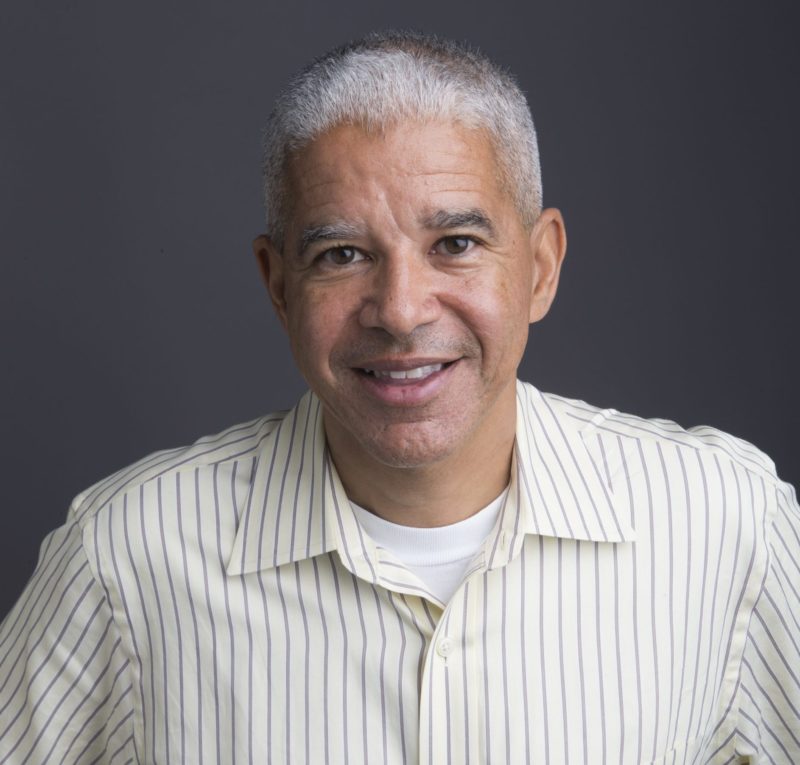 Marc Lacey is the assistant managing editor and former national editor for The New York Times. He’s a former White House correspondent and foreign correspondent having reported from more than 30 countries. He was a moderator for a Democratic presidential debate in 2019 and served as a juror for the 2018 and 2019 Pulitzer Prizes. His work at the Times spans more than two decades. He is an active participant in The New York Times summer internship program, fellowship program, and summer institute. He spent five years as a child on the island of Jamaica, lived in Mexico for four years and in Kenya for five years as a foreign correspondent.
Marc Lacey is the assistant managing editor and former national editor for The New York Times. He’s a former White House correspondent and foreign correspondent having reported from more than 30 countries. He was a moderator for a Democratic presidential debate in 2019 and served as a juror for the 2018 and 2019 Pulitzer Prizes. His work at the Times spans more than two decades. He is an active participant in The New York Times summer internship program, fellowship program, and summer institute. He spent five years as a child on the island of Jamaica, lived in Mexico for four years and in Kenya for five years as a foreign correspondent.
The Newsroom Leadership mini class will engage students in discussions about newsroom leadership, the evolving use of language in news, and take students on some behind-the-scenes inner workings at The New York Times. The class will run six weeks on Wednesdays 2-5pm, and start on February 3.
Otis R. Taylor Jr. — Opinion Writing (Mini Course)
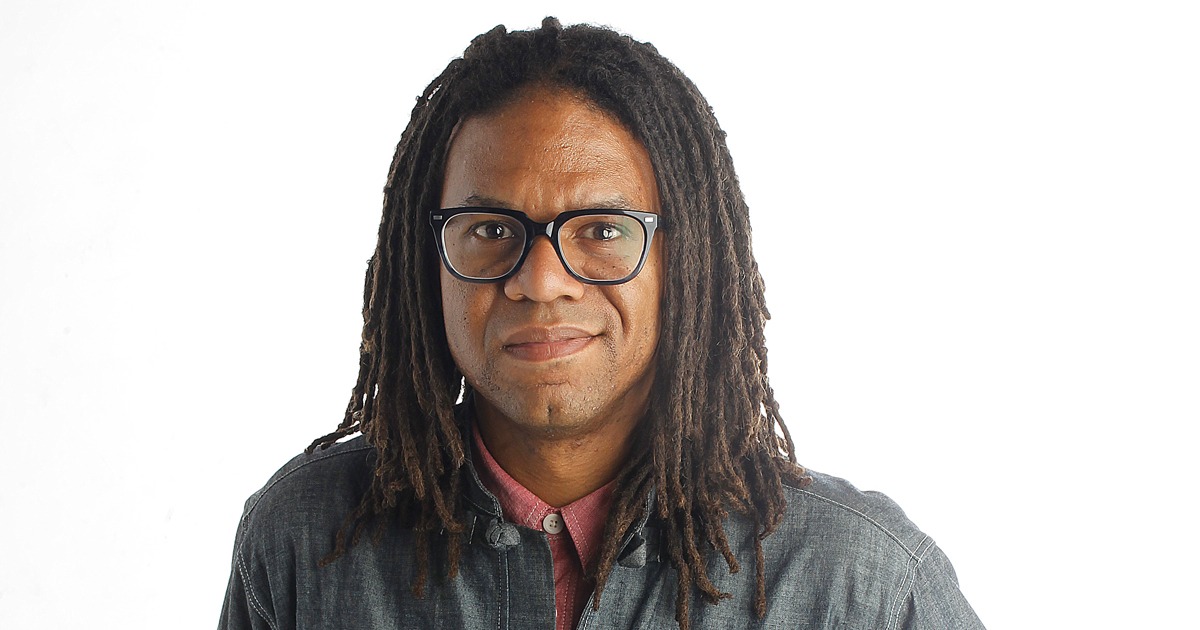
Otis R. Taylor Jr. is a former East Bay Columnist for the San Francisco Chronicle who just began a job on the Atlanta Journal-Constitution’s investigations team. While at the Chronicle, Taylor extensively covered housing, policing, race, and inequality and has been active with our NABJ chapter at the School. Taylor Jr. is from South Carolina, and spent more than a decade at The State newspaper as a reporter.
The Opinion Writing mini class will cover the art of reported opinion, and having a voice in writing to amplify unseen stories. Taylor will focus on local issues and says, “you can’t understand poverty in the Bay Area until you understand housing in the Bay Area.” Opinion Writing will run six weeks in the same time slot as Newsroom Leadership Wednesdays 2-5pm, but it will start later in the semester on March 31, the week after spring break and after the Newsroom Leadership mini has completed.
T. Christian Miller — Data Journalism (Full-Semester Course)
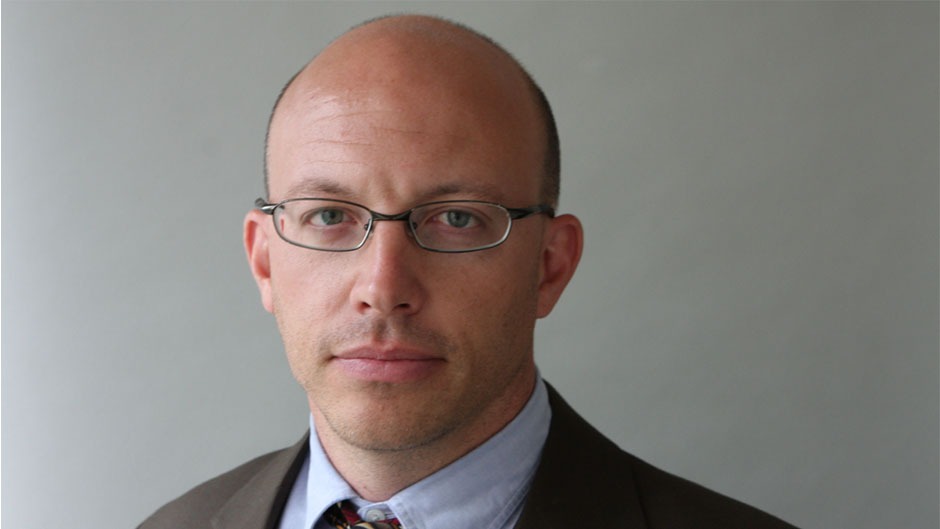
T. Christian Miller is a senior editor at ProPublica, having reported from more than two dozen countries and winning two Pulitzer Prizes. His most recent Pulitzer was awarded for a story about a woman who was raped, but after reporting it to police was charged with false reporting. When a serial rapist was caught in another state several years later, evidence was discovered that revealed the woman was telling the truth. The story was the subject of a book Miller co-authored, A False Report: A True Story of Rape in America, and later turned into a Netflix miniseries “Unbelievable,” which Miller co-produced.
Miller uses data extensively in his reporting, and intends to help students develop a data-driven mindset. Some of the focus will be on technical tools, with much on how to apply it to investigative reporting. Data Journalism is a full-semester class and will meet Thursday evenings 6–9pm.
Dana Amihere — Interactive Narratives (Full-Semester Course)
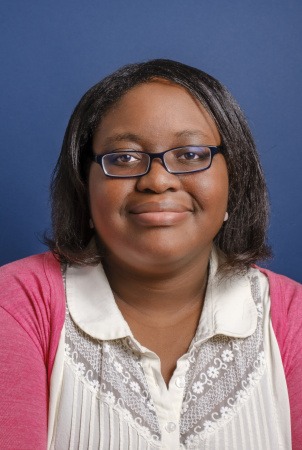
Dana Amihere is the data editor at KPCC Southern California Public Radio. Amihere previously worked in data reporting, interactive design and news apps development for The Baltimore Sun, Pew Research Center and The Dallas Morning News. She’s taught coding and data visualization at the University of Southern California, University of North Texas, and Towson University and has built numerous interactive stories for digital platforms, paving the way for innovative methods of storytelling.
Interactive Narratives is a full-semester class and a requirement for multimedia track students. It meets Mondays from 9am-12pm and will explore innovative and experimental forms of longform storytelling on the web.
Lucas Waldron — Animating the News (Mini Course)

Lucas Waldron (’17) is a motion graphics and video journalist at ProPublica. He previously worked on video teams at The New York Times and KQED. He graduated from Berkeley Journalism’s multimedia program in 2017 and is a proud member of the Trans Journalists Association. For his master’s project, Waldron covered the division of a rural Arizona town at a time when a new mining project was proposed, which would provide jobs but threaten the environment.
Animating the News will cover the technical tools for creating motion graphic animated stories, such as animated explainer videos or interstitial graphics in films. The class will meet six weeks on Tuesdays from 2–5pm starting on March 9.
Daffodil Altan — Frontline Associate Producer (Mini Course)
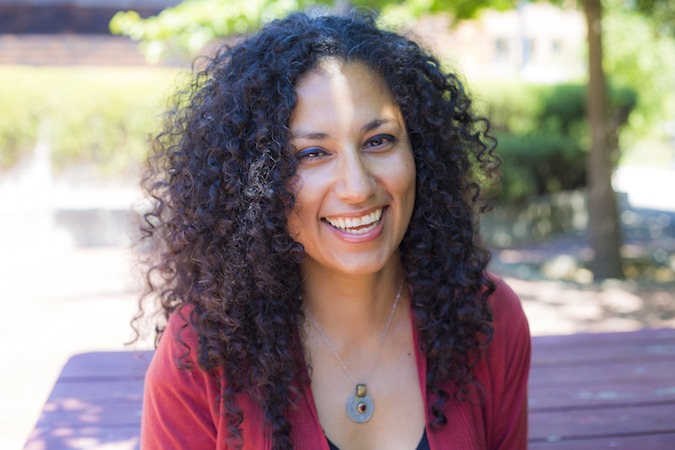
Daffodil Altan (‘04) is teaming up with Andrés Cediel to bring back our associate producer mini course. Altan is an investigative journalist who has produced a number of award-winning FRONTLINE documentaries including “Kids Caught in the Crackdown” and “Trafficked in America”. Altan also has worked for Reveal at the Center for Investigative Reporting as a producer.
The Frontline Associate Producer mini course will teach practical skills of an essential role to work on a professional Frontline production for national broadcast. At the end of the course, students will be invited to apply for a limited number of paid internships on future Frontline productions. The class is 10am–12pm on Fridays for eight weeks, and starts on January 29.
Malia Wollan — Reporting on Food and Agriculture in a Changing Climate (Mini Course)
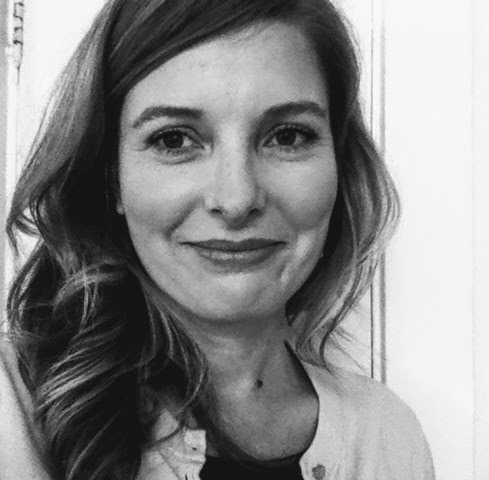
Malia Wollan (‘08) is the director of UC Berkeley’s 11th Hour Food and Farming Journalism Fellowship, and a longtime contributing writer to The New York Times Magazine. She’s authored feature stories on such topics as what self-driving cars will mean for animals, how scientists are building seed repositories, and a quest to make natural blue food dye. Wollan will be co-teaching the Reporting on Food and Agriculture mini course with Mark Schapiro.
The Reporting on Food and Agriculture in a Changing Climate mini course will meet Tuesdays from 2–5pm and start on February 9.
Open Source Investigative Reporting (Mini Course)

Alexa Koenig, Andrea Lampros (‘97), Gisela Pérez de Acha Chavez (‘20), and Mara Kardas-Nelson (‘20) from the UC Berkeley Human Rights Center are teaching an 8-week mini course on methods of open source investigations with a focus on developing a story on improprieties in the microfinance world. The class will contribute to a publishable long-form open source investigative piece on the turn to financialization in global development and what that means for poor people around the world. This is the first formal collaboration of a Human Rights Center-hosted course at the Berkeley Journalism school.
The Open Source Investigative Reporting mini course is 10am–12pm on Fridays for eight weeks starting on January 29.

